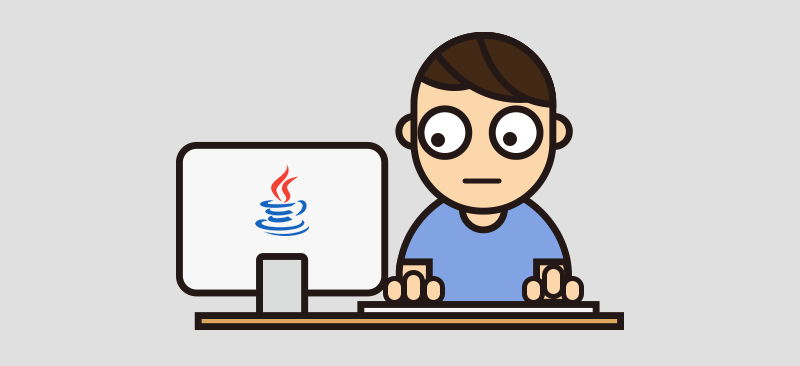A Beginner’s Guide to Creating a Spring Boot Project Java web project configuration
Introduction: use the Power of the Spring Boot
Welcome to the world of Spring Boot, where creating robust and scalable Java projects is a pleasure! Spring Boot’s simplicity and versatility make it a perfect choice for starting new projects, whether you’re a beginner developer or an experienced programmer. We’ll walk you through the basic steps of developing a Spring Boot project, from setting up your development environment to executing your first application, in this beginner’s guide.
So, let us begin this exciting journey and learn how to harness the power of Spring Boot to create cutting-edge Java apps!
Table of Contents
Section 1: Setting Up Your Development Environment
Let’s set up our development environment first to ensure a seamless coding experience before entering Spring Boot.
Installing Java and IDE
Installing your computer’s Java Development Kit (JDK) is the first step. Visit the official Oracle website or use the open-source, cost-free OpenJDK alternative.
Pick an Integrated Development Environment (IDE) that matches your tastes next. Developers frequently choose IntelliJ IDEA and Eclipse. To get started, download and install your favorite IDE.
Section 2: Initializing a Spring Boot Project
It’s time to start building our very first Spring Boot project now that our development environment is prepared.
A web-based application called Spring Initializr creates a simple Spring Boot project structure for you. Fill out the necessary project information, including the project name, package, and dependencies, on the Spring Initializr website (https://start.spring.io/).
After setting up your project, select “Generate” to download it as a ZIP file.
Example Code:
javaCopy code
@SpringBootApplication
public class MyApp {
public static void main(String[] args) {
SpringApplication.run(MyApp.class, args);
}
}Section 3: Configuring Dependencies and Building Blocks
Spring Boot offers a wide range of dependencies and building blocks that simplify application development.

> Managing Dependencies with Maven or Gradle
In your Spring Boot project, you can use either Apache Maven or Gradle as a build tool to manage your project’s dependencies. These tools allow you to specify libraries and frameworks you want to incorporate into your application easily.
Example Code:
xmlCopy code
<!-- pom.xml -->
<dependency>
<groupId>org.springframework.boot</groupId>
<artifactId>spring-boot-starter-web</artifactId>
</dependency>> Spring Boot Starters
Spring Boot starters are pre-configured dependencies that enable rapid application development for specific functionalities. For example, spring-boot-starter-web provides everything needed to build a web application.
Example Code:
javaCopy code
@RestController
public class HelloController {
@RequestMapping("/")
public String hello() {
return "Hello, Spring Boot!";
}
}Section 4: Building Your First Spring Boot Application
With dependencies and configurations in place, it’s time to build your first Spring Boot application.
(Java web project configuration)Spring Boot Annotations
Spring Boot’s powerful annotations streamline application development. For example, @SpringBootApplication combines @Configuration, @EnableAutoConfiguration, and @ComponentScan.
Example Code:
javaCopy code
@SpringBootApplication
public class MyApp {
public static void main(String[] args) {
SpringApplication.run(MyApp.class, args);
}
}- Creating a Simple REST Controller (Java web project configuration)

Let’s create a simple REST controller to greet the world!
Example Code:
javaCopy code
@RestController
public class HelloController {
@RequestMapping("/")
public String hello() {
return "Hello, Spring Boot!";
}
}Now, we’re ready to build our first Spring Boot application, utilizing the magic of annotations and REST controllers.
Section 5: Running and Testing Your Application
It’s time to see your hard work come to life. Let’s run and test your Spring Boot application!
- Running the Application (Java web project configuration)
To run your Spring Boot application, head to your IDE and click on the “Run” button. Alternatively, use the mvn spring-boot:run command in the terminal if you’re using Maven.
Example Code:
arduinoCopy code
mvn spring-boot:runDiscover the magic of Spring Boot as we guide you through creating a Java project from scratch. Set up your development environment, initialize your Spring Boot project with Spring Initializr, and configure dependencies and building blocks. Create your first Spring Boot application using powerful annotations and REST controllers. Finally, run and test your application with ease, witnessing your code come to life. Join us on this beginner’s journey and embrace the power of Spring Boot for building modern, scalable, and efficient Java applications!
Read more:-https://updategadh.com/javascript/javascript-day-2/



